“Most writers were the kids who easily, almost automatically, got A’s in English class. (There are exceptions, but they often also seem to be exceptions to the general writerly habit of putting off writing as long as possible.) At an early age, when grammar school teachers were struggling to inculcate the lesson that effort was the main key to success in school, these future scribblers gave the obvious lie to this assertion. Where others read haltingly, they were plowing two grades ahead in the reading workbooks. These are the kids who turned in a completed YA novel for their fifth-grade project. It isn’t that they never failed, but at a very early age, they didn’t have to fail much; their natural talents kept them at the head of the class.
This teaches a very bad, very false lesson: that success in work mostly depends on natural talent. Unfortunately, when you are a professional writer, you are competing with all the other kids who were at the top of their English classes. Your stuff may not—indeed, probably won’t—be the best anymore.
If you’ve spent most of your life cruising ahead on natural ability, doing what came easily and quickly, every word you write becomes a test of just how much ability you have, every article a referendum on how good a writer you are. As long as you have not written that article, that speech, that novel, it could still be good. Before you take to the keys, you are Proust and Oscar Wilde and George Orwell all rolled up into one delicious package. By the time you’re finished, you’re more like one of those 1940’s pulp hacks who strung hundred-page paragraphs together with semicolons because it was too much effort to figure out where the sentence should end.”
-
Why Writers Are the Worst Procrastinators - Megan McArdle - The Atlantic
The Why Writing Is So Hard field of psychology is very interesting to me.
(via amyelizabeth)
gpoy. fuck “natural talent” in its eyeball.
(via ilikelookingatnakedmen)
I had natural talent. And I am the worst procrastinator. Fortunately, there are Deadlines.
(via ellenkushner)
I think I’d read this before, but this part just grabbed me:
“The kids who race ahead in the readers without much supervision get praised for being smart,” says Dweck. “What are they learning? They’re learning that being smart is not about overcoming tough challenges. It’s about finding work easy. When they get to college or graduate school and it starts being hard, they don’t necessarily know how to deal with that.”
That was me, through and through, and I’m not even a millenial.
(via roane72)
“The kids who race ahead in the readers without much supervision get praised for being smart,” says Dweck. “What are they learning? They’re learning that being smart is not about overcoming tough challenges. It’s about finding work easy.”
::sighs in recognition::
Talent is not enough. You have to put in the work, too.
(via gothiccharmschool)
All this. I was taught “smart” was the only thing about me that mattered, and I would do literally anything, including avoiding doing work at all, if it would keep me from looking stupid. I’d rather have looked lazy.
(via naamahdarling)
This teaches a very bad, very false lesson: that success in work mostly depends on natural talent. Unfortunately, when you are a professional writer, you are competing with all the other kids who were at the top of their English classes. Your stuff may not—indeed, probably won’t—be the best anymore.
bury me with a copy of this article. and hopefully a copy of the book i write by, you know, the time i die.
(via et-in-arkadia)
























